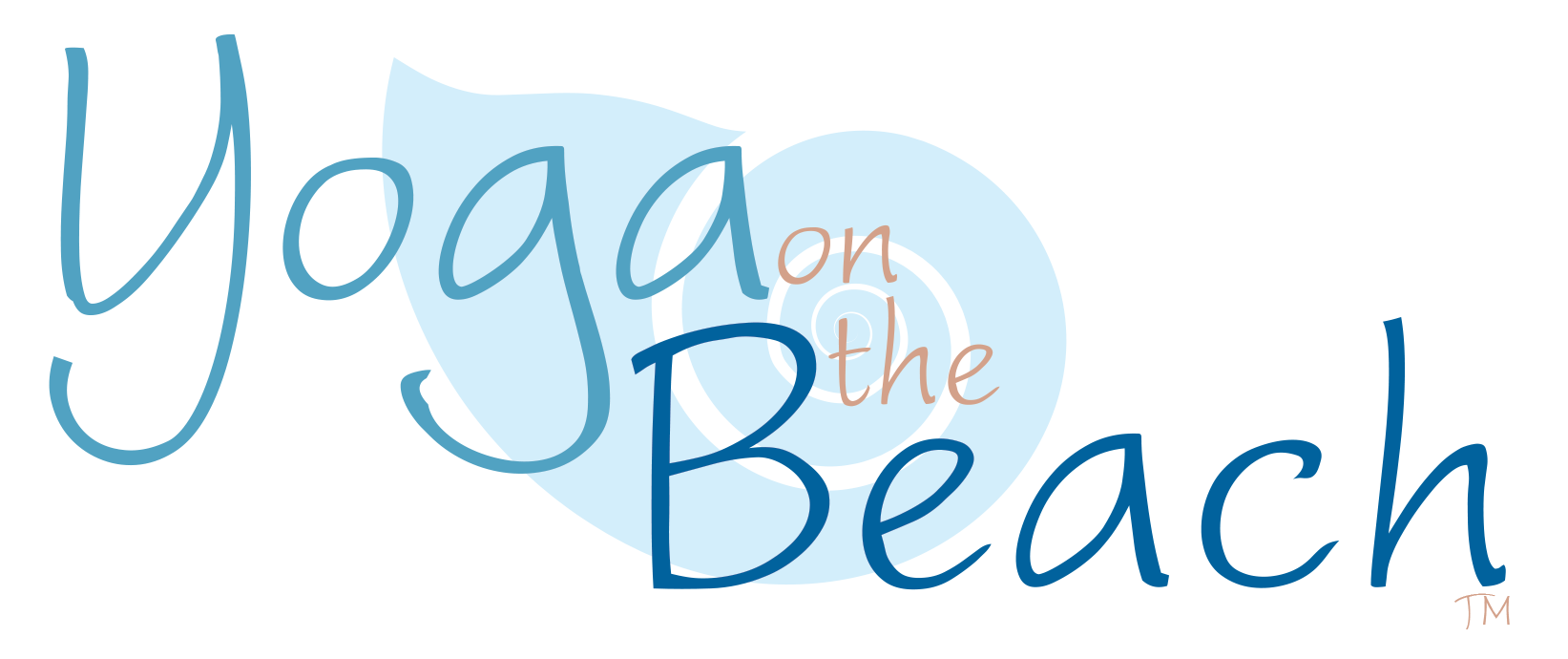Sthira & Sukha
In the yoga sutras one of the few sutras that focuses on asana or yoga poses is verse 46 in chapter II. It simply states sthira sukham asanam or steadfast easeful pose.
Sthira often refers or translates to stable, steady, or steadfast. Sukha translates to comfortable, easy, pleasant, happy, or sweet. On the one hand Sthira brings to mind what we need to get into the pose, while Sukha implies what we need to sustain it.
When we have too much striving, trying, efforting and forcing in our practice the gains are fewer, and the risk of injury, failure and burnout is greater. At the same time if we have too much ease or we are too comfortable, our abilities are limited. When we come to move our bodies in the direction of a given position, with our awareness, breath, Sthira and Sukha in balance, we find ourselves discovering new possibilities without the risk of injury or lethargy. It is how poses like Downward Facing Dog go from a lot of pushing, pulling and struggling to become a pose one can rest in.
This month let’s explore these two integral parts of the wholeness of a yoga practice. As we require both inhalation and exhalation to breathe, we benefit in practice when we utilize both Sthira and Sukha in the movement and sustaining of our poses. Pay attention to these things as you move into and out of poses - breath, muscular activation, comfort and feelings of stability or vulnerability in your joints and soft tissues, and your body in space.
Our breath will often mirror for us when there is too much Sthira, by becoming restricted, bound or forceful. It can also show the lethargy of too much Sukha with a drowsy, almost sleeping breath pattern. Avoid getting into a tug of war with these two oppositional energies. Instead find ways to feel harmony or accord in them. Stop forcing a stretch. When you hit a wall of resistance in your body, back away take a breath and find some ease. You may just find that things become less difficult, even easy in your practice and then find yourself in places you’ve never been before.

